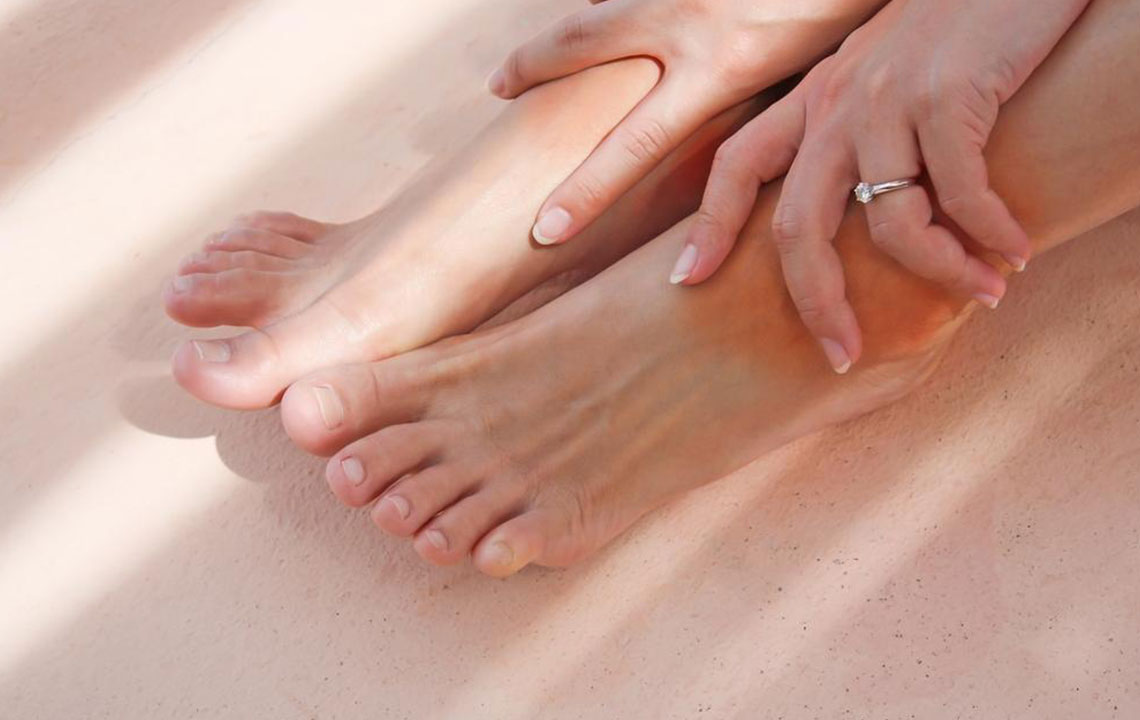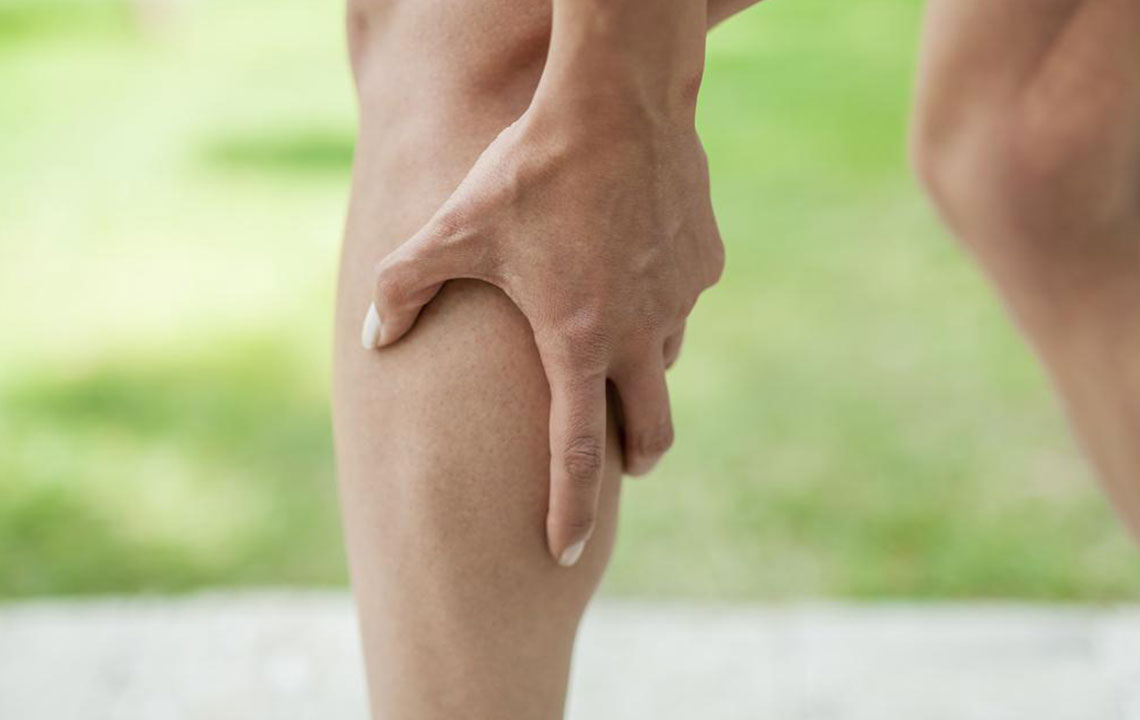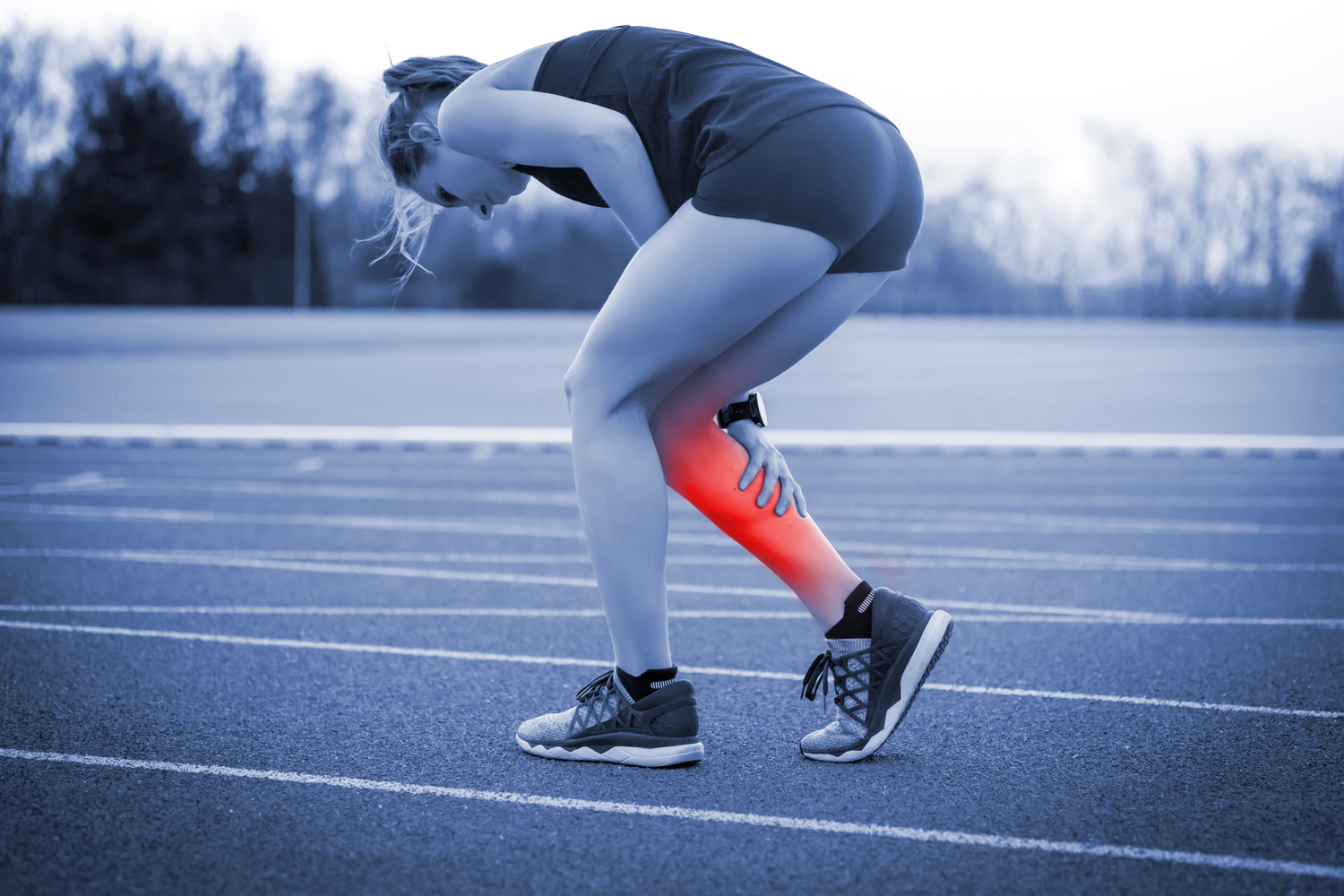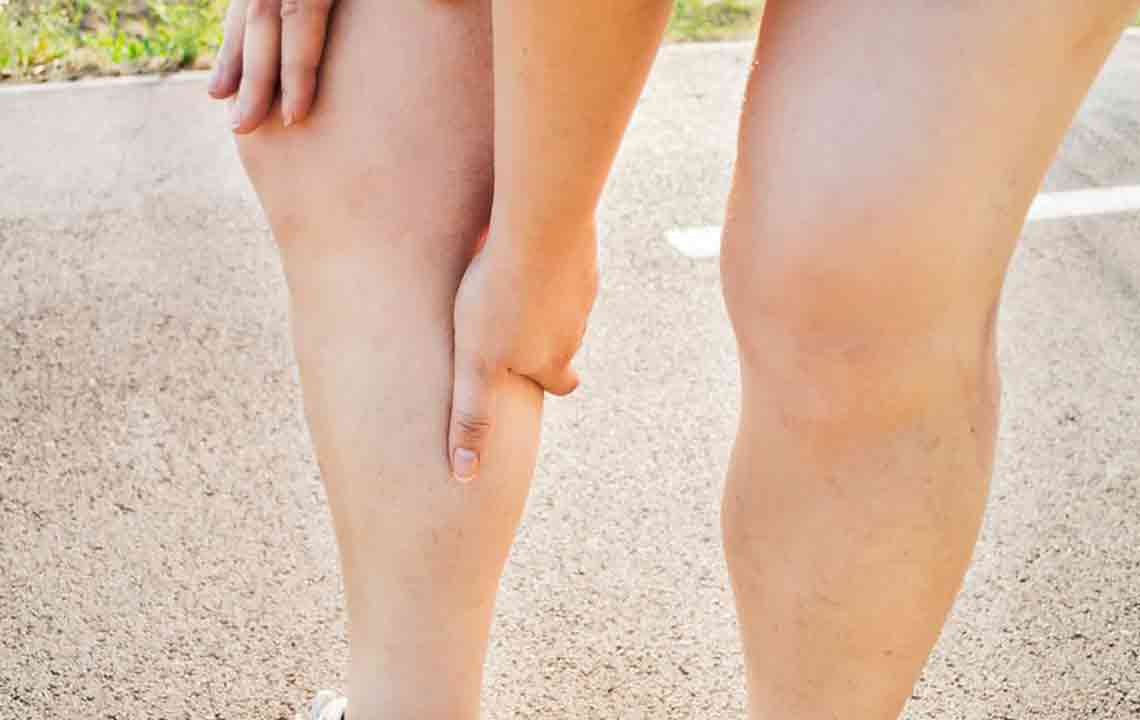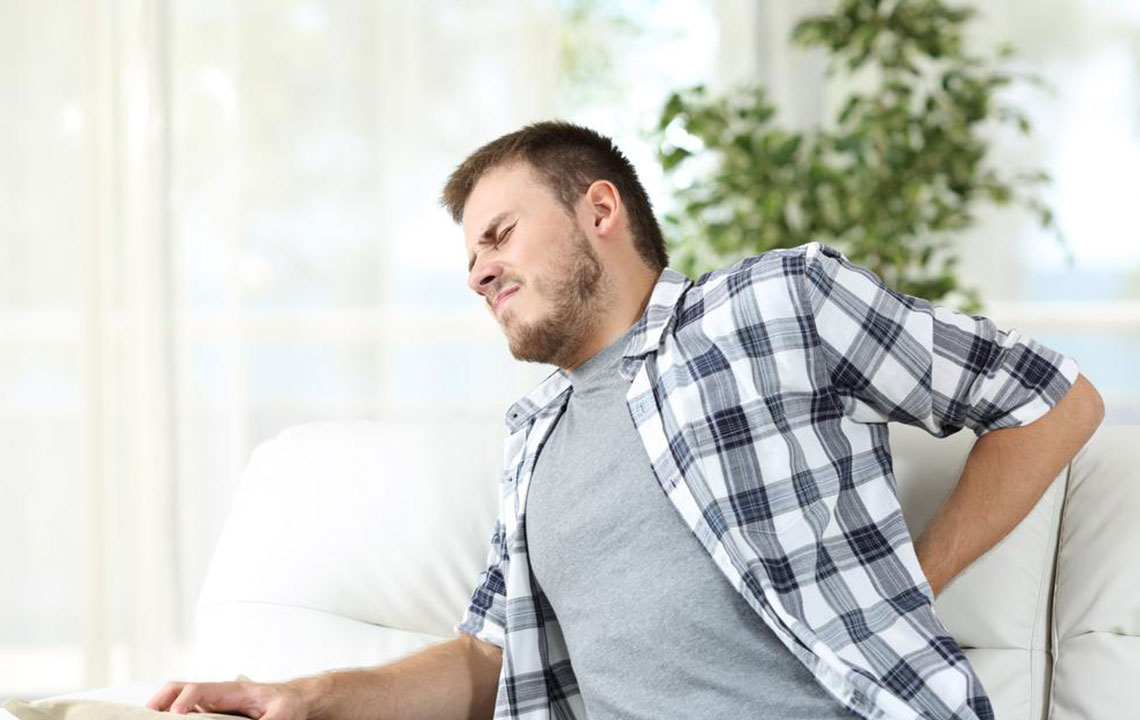How to Effectively Relieve Nighttime Leg Cramps
Learn practical methods to prevent and relieve night leg cramps. This guide covers common causes, effective stretching and heat therapies, and tips for better sleep posture to reduce the frequency of painful muscle spasms. Understanding hydration and lifestyle adjustments can help manage and prevent future cramps, ensuring restful nights and healthier muscles.

Effective Strategies to Ease Nighttime Leg Cramps
Leg cramps characterized by sudden, painful muscle contractions in the calf are common, especially during the night. These nocturnal leg cramps frequently affect older adults and pregnant women, but young adults are also susceptible. Usually occurring during sleep or periods of rest between sleep cycles, these involuntary muscle spasms can last from seconds to minutes. While many find relief quickly once the cramp subsides, others experience residual discomfort lasting over a day.
Understanding the causes and learning effective methods to prevent and treat night leg cramps is essential.
Why do these cramps happen at night?
Nighttime leg cramps are generally benign and often lack a specific cause. If they occur frequently, consulting a healthcare provider is advisable to identify underlying issues and appropriate treatments.
Unknown origins
In many cases, leg cramps occur without a clear reason, simply resulting from sudden muscle contractions.
Typically, sleeping with knees slightly bent and feet pointed down causes the calf muscles to shorten and tighten over time. This can lead to spasms. Those experiencing frequent cramps should know ways to manage and prevent them.
Known contributors to leg cramps include:
Intense physical activity
If you’re unaccustomed to exercise or push beyond your usual limits, your risk of cramps increases. Athletes are also prone, especially after prolonged exertion, due to depletion of minerals and salts from sweating, and muscle fatigue.
Alcohol consumption
Alcohol causes dehydration and can impair muscle function over time, leading to cramps, particularly in chronic drinkers.
Pregnancy
Many women experience leg cramps during the third trimester, with symptoms often resolving postpartum.
Electrolyte imbalance
Loss of essential minerals like potassium, magnesium, and calcium from activities or sweat disrupts muscle function, causing cramps. Persistent issues warrant medical consultation.
Health conditions
Conditions such as hypothyroidism, kidney issues, nerve disorders, and circulatory problems can manifest as leg cramps. Allergic reactions to medications may also contribute.
How to alleviate or prevent leg cramps
During a cramp, pain can be overwhelming. While no specific medication exists, addressing the underlying cause is key. Here are remedies to ease discomfort and reduce future incidents:
Stretch muscles
Gently stretch the affected muscle, possibly with assistance, to relieve tension.
Apply heat
Use a hot pack or soak in warm water to relax tight calf muscles. A hot towel can also be effective.
Move and shake
Light walking or jiggling the leg encourages muscle release and improves blood flow.
Avoid OTC painkillers initially, as they may delay relief.
To prevent cramps, consider these strategies:
Stretch and walk before sleep
Engage in gentle exercises or short walks to loosen muscles.
Stay hydrated
Drink 6-8 glasses of water daily, with urine clarity as a hydration indicator.
Optimize sleep posture
Keep blankets loose and elevate your feet with pillows to prevent contractions during sleep.
Keeping a symptom diary can help your doctor determine effective treatments if cramps are frequent.

